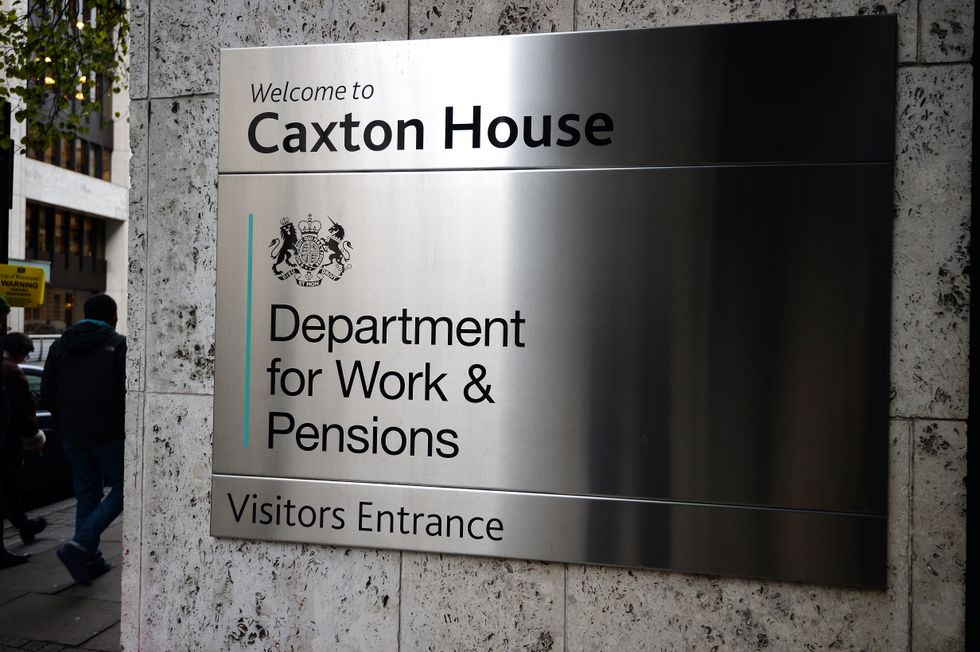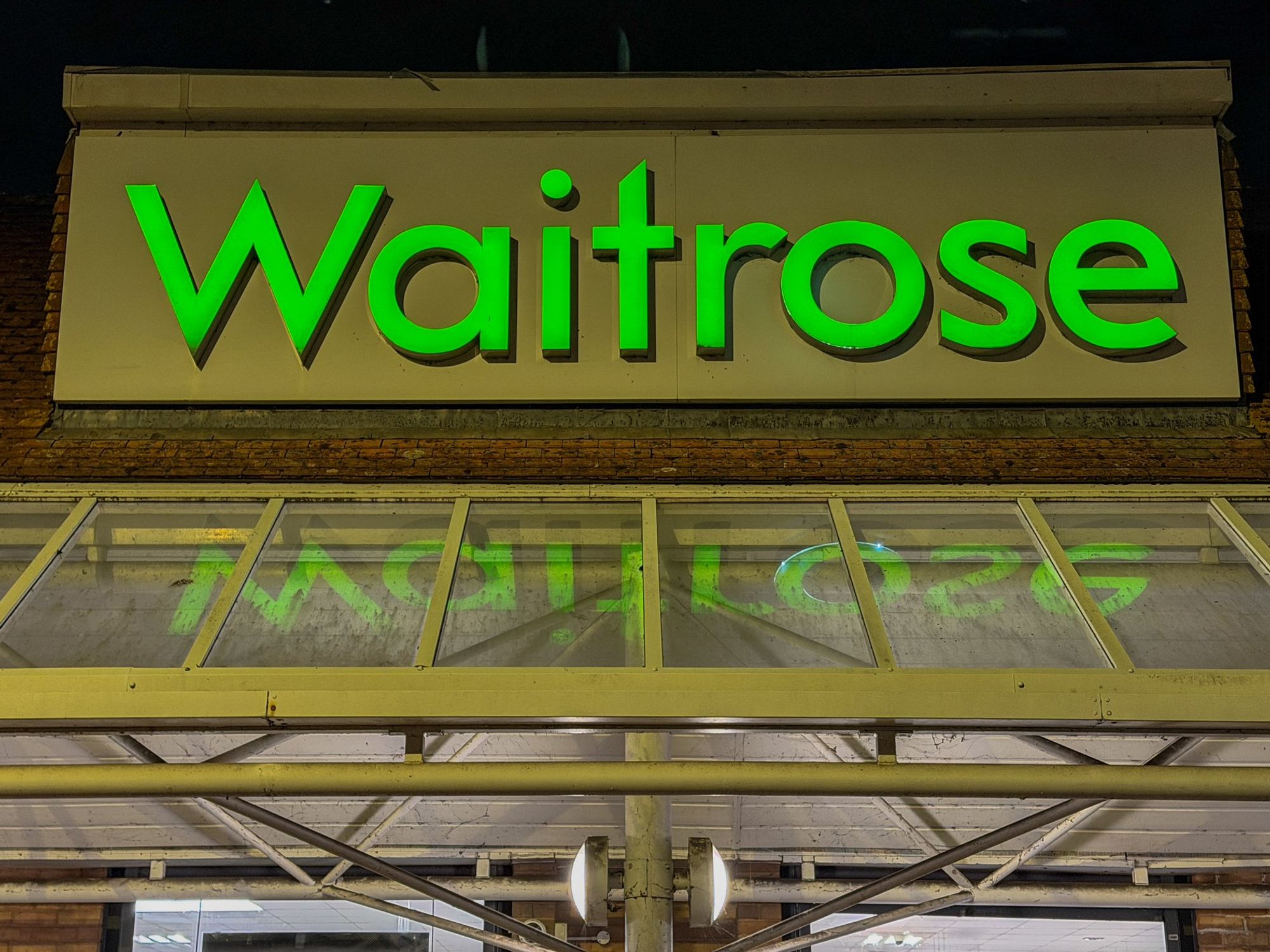State pensioners ‘barely break even’ in cost of living crisis despite triple lock

Older Britons are struggling to cope amid the ongoing cost of living crisis with new research suggesting the state pension is at a “breakeven point”
Don't Miss
Most Read
Latest
State pensions “barely break even” for older Britons during the cost of living crisis despite the triple lock, a report has found.
New research from Almond Financial has compared the current retirement entitlement with the average cost of living in the UK with pensioners being more than £4,300 worse-off than their European counterparts.
The pension provider then analysed similar data across Europe to determine which countries do the most to pensioners, as well as examined the average cost of living expenses outside of rent.
According to Almond Financials’ Pension Breakeven index, the UK came 17th place out of 50, which is down one place from last year, and only 9.18 per cent above the pension income breakeven point.
As such, the average pensioner in Britain would expect to see a £40 deficit per month compared to last year.
Based on this data, the state pension pays just £74.40 more than the average cost of living for a pensioner despite the annual payment rate increases.
Do you have a money story you’d like to share? Get in touch by emailing money@gbnews.uk.

The state pension is unable to "break even" due to the rise of cost of living
|GETTY
Through the triple lock, state pensions rise every year by either the rate of inflation, average earnings or 2.5 per cent; whichever is higher.
Payments of the new state pension are expected to exceed £220 a week for the first time come April but this does not appear to go far due to the rise in the cost of living.
Overall, the maximum state pension in the UK will pay a total of £884.40 per month to retirees from this year.
Recent data suggests that the monthly cost of living for a single person is £810.40 which does not factor in rent.
Luxembourg topped the European Breakeven Index which the retirement system paying an average of €6,095.87 per month.
This is the £4,327.47 more than what the state pension is providing retirees in the UK despite the cost of living being at around the same level.
Sam Robinson, a principal financial advisor at Almond Financial, described the UK pension system as being at a “breakeven point”.
He explained: “While it is positive that the UK finds itself among the top half of countries, for how much longer is the question.
“Although the increase in the state pension was well intended, it actually works out to be a real-terms pay cut for most pensioners in comparison to last year’s report which saw pensioners have approximately £115 surplus after essentials.
“It's clear that those over 66 need to look at other options rather than just relying on the state pension.
“Planning for life after work is crucial and it’s important to seek advice from a pension advisor if you aren’t sure where to start.”
The finance expert also shared advice for Britons looking to bolster their retirements savings without relying on the state pension.
LATEST DEVELOPMENTS:

The DWP raises state pension payment rates every year via the triple lock
| PAThese include using pay rises to increase pension contributions and paying more into a pot when loans and other commitments end.
Furthermore, Mr Robinson urged workers to maximise employer contributions and ensure their investment approach is efficient for their own financial situation.
On top of this, those preparing for retirement are also being told maximise any available tax relief and avoid taking large sums of money from their pension when it is not necessary.
Someone who takes the first 25 per cent of their pension will be tax-free cash although any future withdrawals will be taxable.











